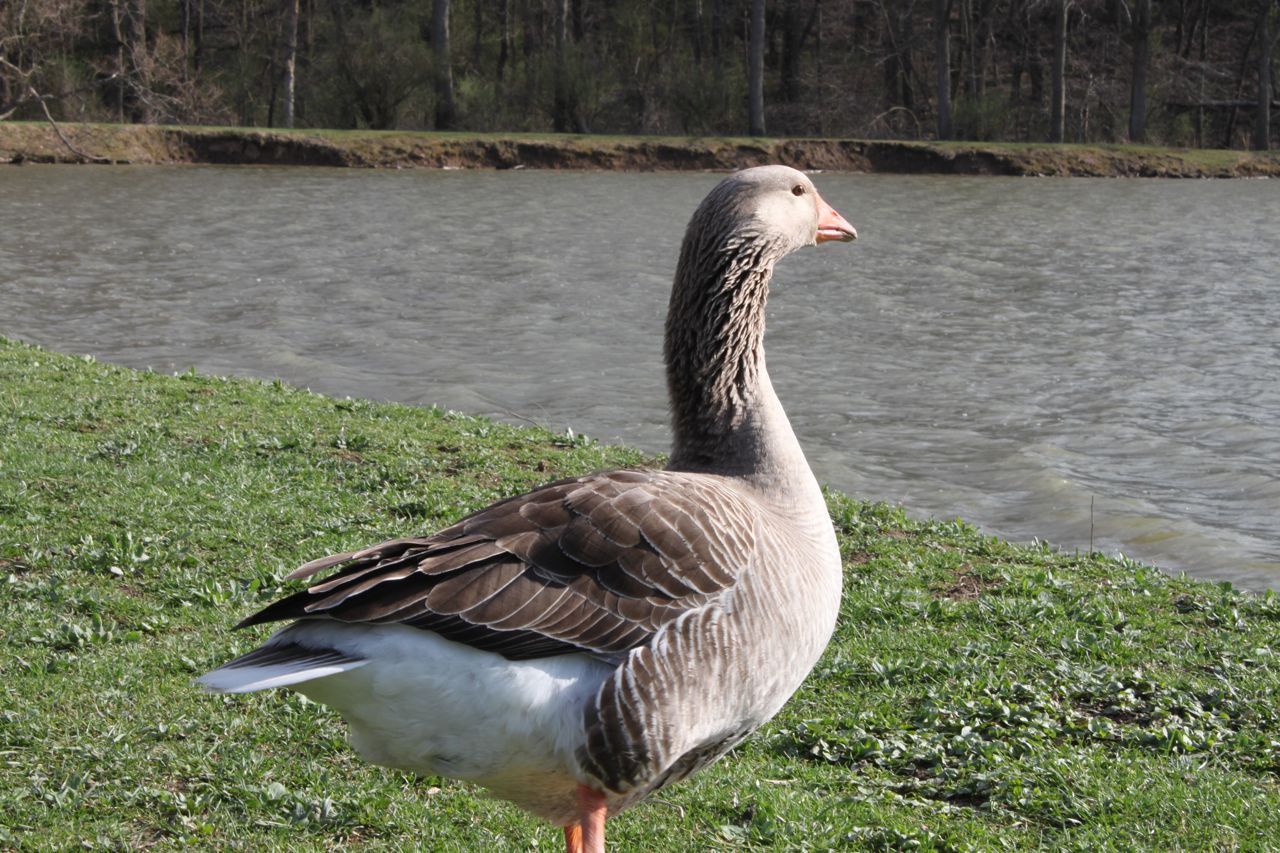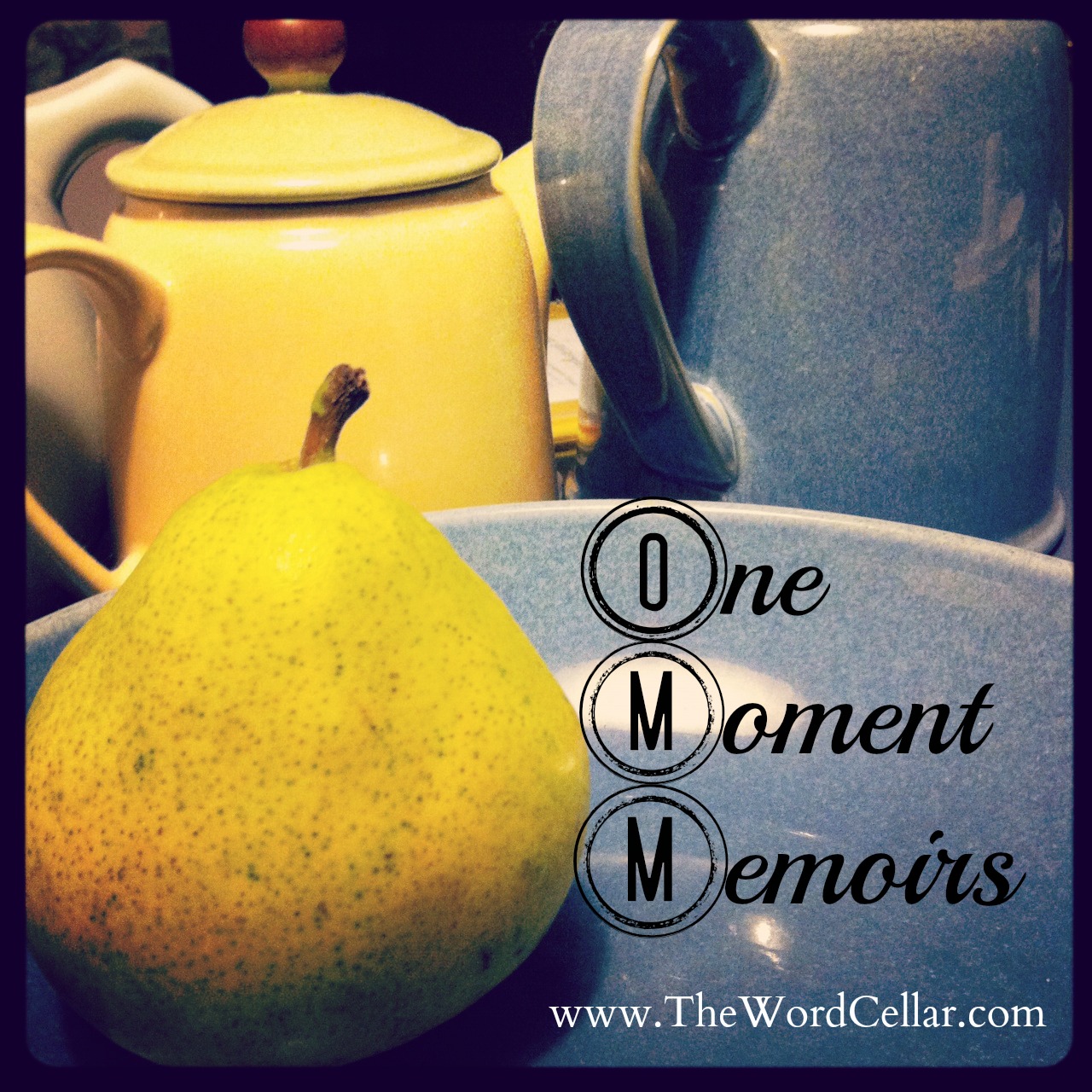Everywhere a Metaphor
 Tuesday, August 27, 2013 at 8:32PM
Tuesday, August 27, 2013 at 8:32PM 
Instructions for living a life:
Pay attention.
Be astonished.
Tell about it.("Sometimes," Red Bird, Mary Oliver)
One of the best practices I've learned as a writer (and as a person) is to cultivate an attitude of awareness. I used to think that I'd never be a "real" writer because I didn't know what to write about. But for years before that, I felt as though the writer-in-my-head never stopped writing; she was always taking notes, even in the midst of intense life experiences. I'm not sure when the "always writing" switched over to "I have no ideas," but I think it started to switch back about six or seven years ago.
Now there are stories everywhere I look. It's a landmine of ideas out there. I'm telling you, there are essays and poems lurking in everything. I'm even starting to discover short stories and novels in everything from the sound of the wind to the news reports on NPR.
Most of what I write comes to me in snippets and flashes. I'll get a whiff of a trace of something, and then I have to chase it. Sometimes I have to chase it a long time to figure out what I'm really writing about.
I won't go so far as to say that cultivating an attitude of awareness has its pitfalls, but sometimes I do wonder if I'm a little bit off-kilter. When you're awake to the stories around you, every little thing can become an iconic image, a epiphanic detail, a meaningful metaphor.
Just this week I've glimpsed poems and stories in a leaf that curled around my car's antena as I drove and the way it fell to the ground as soon as I came to a stop. In the way my hands burned for hours after I cut up a poblano pepper. In the sound of Amish men working on my neighbor's roof. In the streets of my town, which have been scraped down to reveal old brick beneath the asphalt. In the hummingbird, the dragonfly, and the cicada that have flown past my windows.
It can't all mean something.
Or it can.
Either way, I'll never write about all of it. There's just not time for that.
But that doesn't mean I'll ever stop being astonished by it all.
** ** **
Some Ways to Capture & Share the Stories (and Poems and Essays) Around You
One-moment Memoirs
(Coming soon!)
Some experiences beg us to write about them, but we often feel overwhelmed when trying to capture the whole story at once. One-moment Memoirs (OMM) helps you take a relaxed yet focused approach to telling life's big and small stories in bite-sized pieces. We'll explore the art of writing short essays, blog posts, and flash nonfiction pieces. By using writing prompts and exercises designed to help you connect with the heart of your story, we'll dig into the details of a single moment. You'll then use what you find in that moment to write your very own one-moment memoir.
Verbal Snapshots
These moments of meaning are why I started writing "Verbal Snapshots," which are short descriptions (usually small enough to fit on Twitter). Think of them as the word equivalents of Instagram and all those photo we take with our phones on the go. Verbal Snapshots are little "Language-grams," my way of capturing the stories and poems popping up all around. Play along with your own word-images by using the hashtag #VerbalSnapshot on Twitter and Facebook. You're also invited to share them over here.
 Everyday Essays
Everyday Essays
Sometimes the moments of meaning begin to bloom into something more. I publish these "Everyday Essays" on the blog from time to time. At least a few times a week I jot down notes about something -- usually a small moment, detail, or thought -- that I want to write about. Everyday Essays is my writing practice to allow some of those notes to move beyond infancy. I share them on my blog from time to time, even if they're still half-naked or half-baked. The word "essay" comes from the French verb essayer, which means to try. The essay is a reckoning, a rambling, an exploration, an attempt. Think of Everyday Essays as freewriting exercises, rough drafts, or the jumbled, interconnected contents of my mind, which may or may not take root and grow into longer (deeper) essays.




Reader Comments (1)